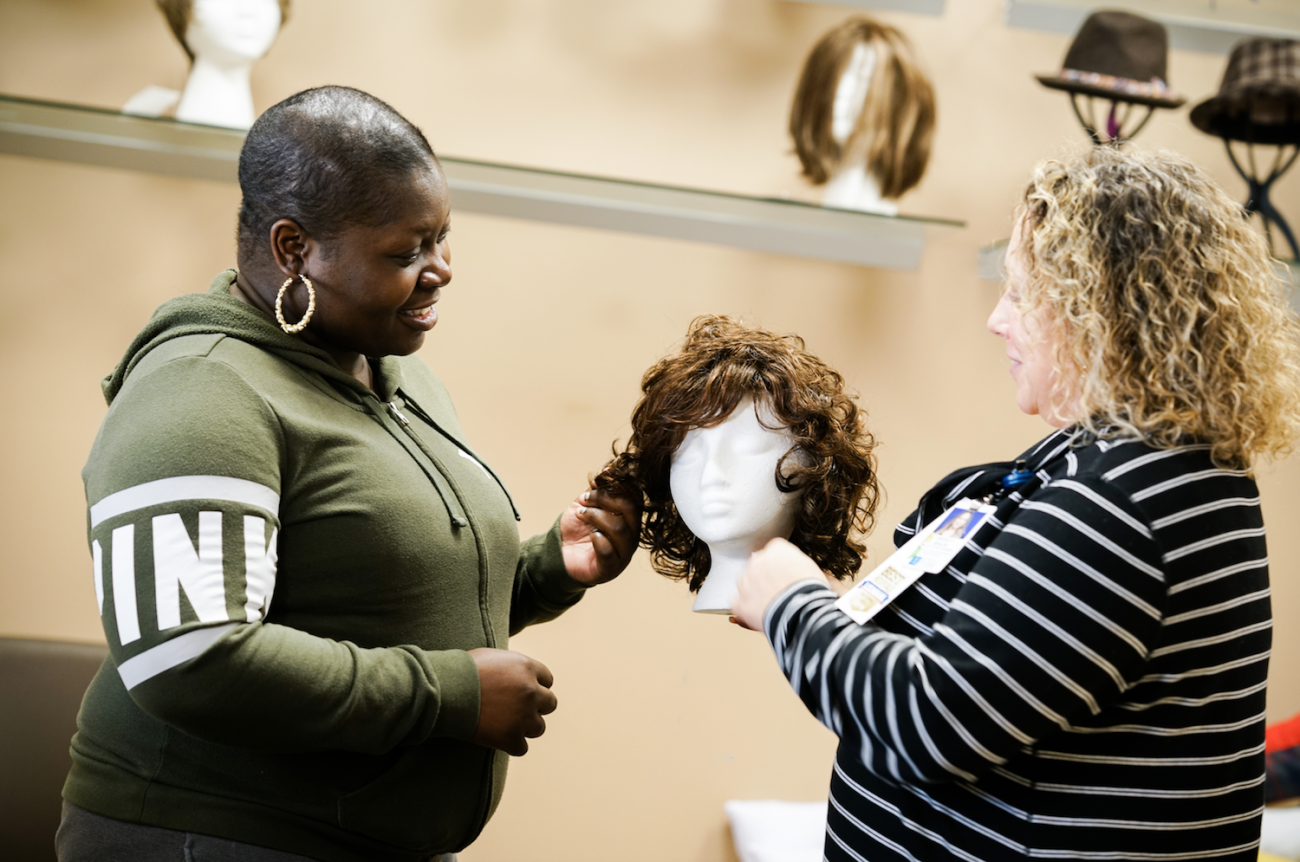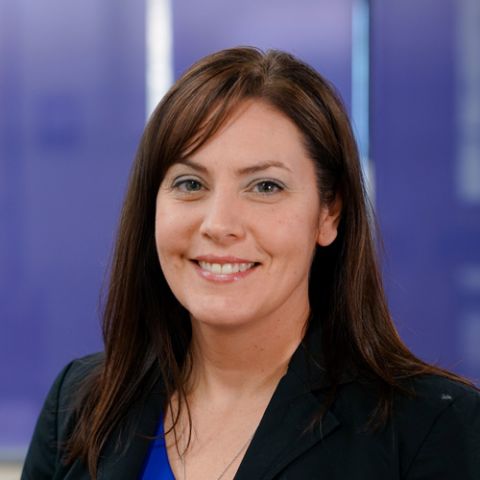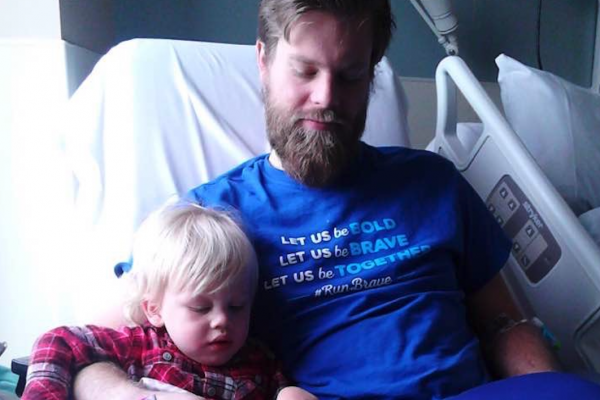Like many young women with hopes and dreams, Racine Walton had a lot to look forward to as she approached her 28th birthday.
After two years of rigorous study and field experience, she was getting ready to graduate from Erie Community College and begin her dream of being a professional pastry chef. She also had plans of starting a family with her long-time girlfriend, Candace. Instead, life threw her an unexpected curve when, a few weeks before graduation, she found a lump in her left breast. A referral from her primary doctor sent her to Roswell Park Comprehensive Care Center, and on May 16, 2017, Racine was diagnosed with invasive carcinoma and began her breast cancer recovery.
“My first thought was that the news wasn’t real. I remember thinking there was no way I could have cancer. It doesn’t run in my family and everyone told me I’m too young,” says Racine.
But cancer is very real for more than 70,000 young adults aged 20 to 39 who are diagnosed each year, accounting for about five percent of cancer diagnoses in the United States. Most common are breast cancer, lymphomas (non-Hodgkin and Hodgkin), melanoma, sarcomas (cancers of connective tissues, such as muscles and bones), cervical and ovarian cancer, thyroid cancer, testicular cancer, leukemia, brain and spinal cord tumors. And just recently, American Cancer Society researchers reported a significant increase in colon and rectal cancers among young and middle-aged adults in the US.
“The number of young adults affected by cancer has been on an upswing, and we don’t really know why we’re seeing this increase, other than earlier and better detection and diagnosis,” says Dr. Denise Rokitka, Department of Pediatric Oncology.
Risk Factors & Symptoms
Known risk factors for cancer in young adults include:
- Exposure to ultraviolet (UV) light from the sun or from tanning beds, which can increase the risk of melanoma and other skin cancers.
- Infection with some types of human papillomavirus(HPV), a sexually transmitted disease that can increase the risk of cervical and some other cancers.
- Infection with human immunodeficiency virus (HIV), which can raise the risk of non-Hodgkin lymphoma, Kaposi sarcoma and some other cancers.
- Treatment with chemotherapy or radiation therapy for a childhood cancer, which can increase the risk of getting a second cancer — often leukemia — later on.
As with most forms of cancer, early detection is the best course to recovery, says Dr. Rokitka. “Regular medical care is so important. Many adolescents and young adults are uninsured or underinsured and believe that they are too young to have cancer. Any suspicion should be brought to your doctor immediately.”
The most common symptoms of cancer in young adults include:
- Unusual lump or swelling in the neck, breast, belly, testicle or elsewhere
- Unexplained tiredness and loss of energy
- Easy bruising
- Abnormal bleeding
- Ongoing pain in one part of the body
- Unexplained fever or illness that doesn’t go away
- Frequent headaches, often with vomiting
- Sudden eye or vision changes
- Loss of appetite or unplanned weight loss
- A new mole or other spot on the skin, or one that changes in size, shape, or color
To improve chances of early detection, Dr. Rokitka recommends that young adults get regular physical checkups. For young women, routine checkups should include breast exams and Pap tests to screen for cervical cancer.
After Diagnosis: Special Needs of Young Adults with Cancer
Young adults who are diagnosed often face a different set of challenges. “Young adults may have just started career paths or relationships, making it even more difficult to cope with their illness. They may need to consider fertility risks that come with treatment, and, if they have young children, parenting challenges,” says Dr. Rokitka. “Because cancer is relatively rare in this age group, young adults may also experience feelings of social and emotional isolation and may not feel comfortable sharing their experience with others.”
Never miss another Cancer Talk blog!
Sign up to receive our monthly Cancer Talk e-newsletter.
Sign up!To help, Roswell Park offers programs, support groups, events and workshops year-round, specifically geared to help young adults connect with others who understand their experiences. Topics range from intimacy and fertility to finances during and after cancer, insurance, lifestyle changes, nutrition and practical strategies for getting back to work or school.
While being a young adult brings challenges to the recovery process, Dr. Rokitka notes that this age group has unique strengths. “Younger adults tend to be tech-savvy and are often more inclined to get involved in their care, search for clinical trials and educate themselves to be their own advocate.”
Fortunately for young adults like Racine, there can be happy outcomes. A year after her original diagnosis, following surgeries and chemotherapy, Racine’s been declared cancer-free. While she’s still waiting to have reconstructive surgery, she has returned to her career as a pastry chef, and she and Candace are back to planning their much-desired family together.
Read more about Racine’s story in an upcoming profile May 21 on Cancer Talk.
Find out about Roswell Park’s support groups and other events and programs for young adults.
Helpful resources and blogs for Adolescents and Young Adults (AYA):
Editor’s Note: Cancer patient outcomes and experiences may vary, even for those with the same type of cancer. An individual patient’s story should not be used as a prediction of how another patient will respond to treatment. Roswell Park is transparent about the survival rates of our patients as compared to national standards, and provides this information, when available, within the cancer type sections of this website.


